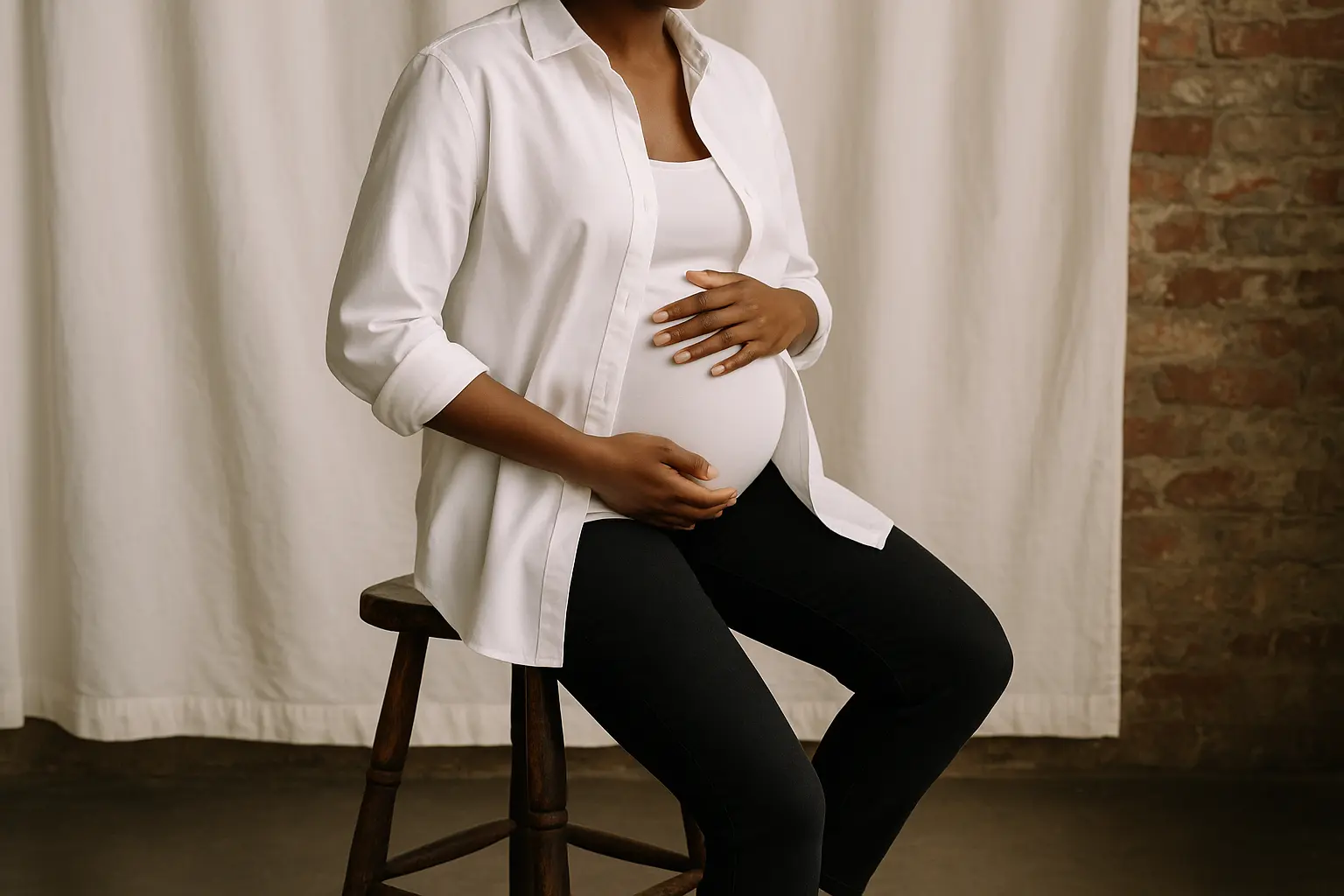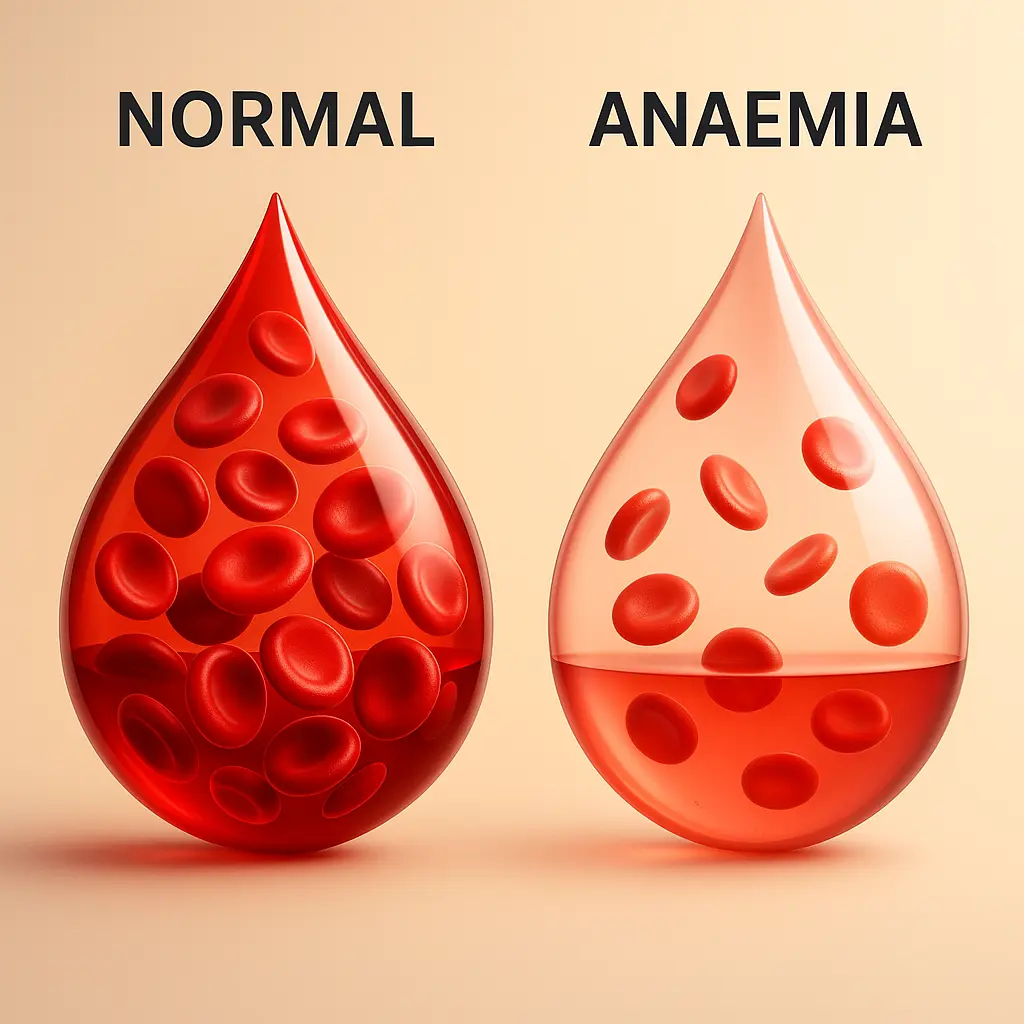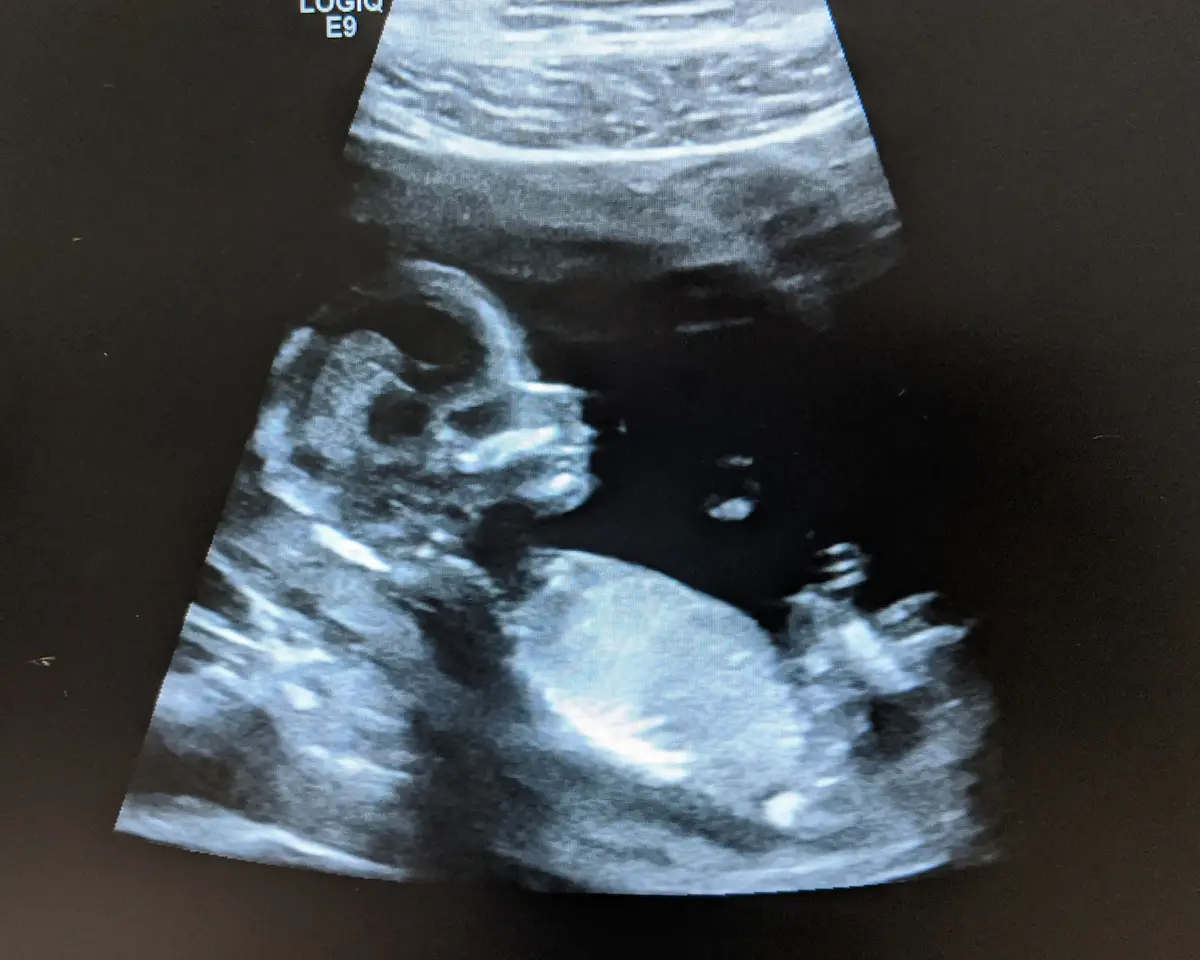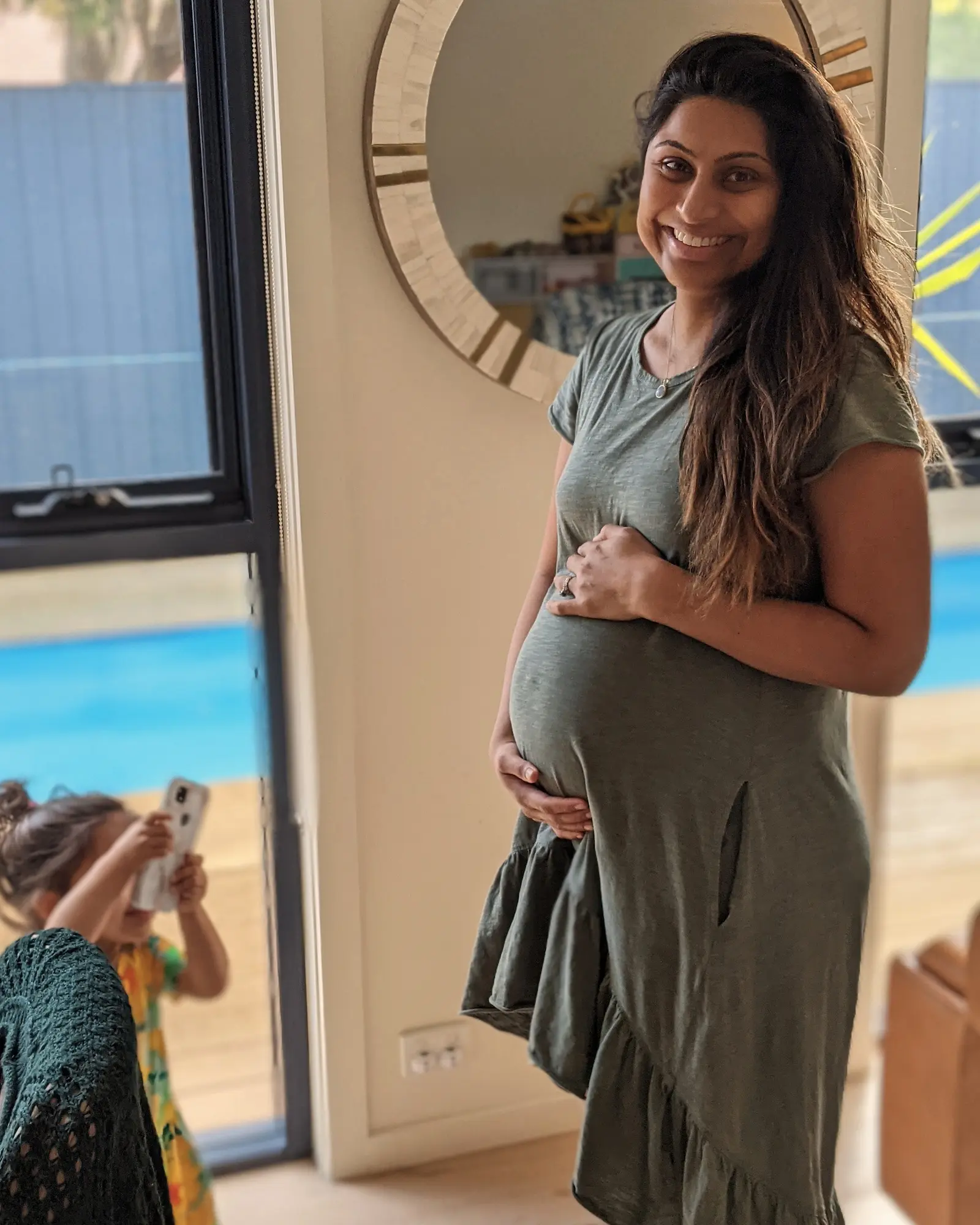🩺 By Dr Bhavini Patel & Dr Nick Mulrenan — 30 October 2025
Iron is one of the most important nutrients during pregnancy. Your body needs extra iron to support both you and your growing baby. Here’s why maintaining good iron levels makes such a difference.

Iron helps produce haemoglobin — the molecule that carries oxygen in your blood to your baby. This supports healthy growth and development throughout pregnancy.
Iron deficiency anaemia during pregnancy can affect your baby’s early motor and social development, making iron a key nutrient right from the start.
Pregnant women are especially prone to iron deficiency because blood volume can increase by up to 50%.
Without enough iron, you may develop anaemia — leading to tiredness, dizziness, and breathlessness.
Adequate iron keeps your oxygen levels and energy stable, helping you feel well through each trimester.


Iron plays a vital role in energy metabolism and immune strength.
When your iron levels are healthy, you’re less likely to feel exhausted or catch infections.
It helps your body cope with the increased demands of pregnancy, keeping you active and resilient right up to delivery.
Iron is crucial for building the placenta — your baby’s source of nutrients and oxygen.
It also supports the expanded blood volume your body needs during pregnancy, ensuring both you and your baby receive adequate oxygenation.


Low iron levels have been linked to premature birth, low birth weight, and postpartum fatigue.
Good iron stores help lower these risks and may also support emotional balance and mental clarity after birth — helping protect against “baby brain” and supporting your recovery.
Iron is essential at every stage of pregnancy — for growth, energy, and overall wellbeing.
If you’re pregnant or planning to be, talk to your GP or book a consultation to check your iron levels — it’s a simple step that can make a real difference to your energy and wellbeing.
References:
Iron Deficiency in Pregnancy — Review (PMC, 2020)
Maternal Iron Status in Pregnancy and Child Health Outcomes (PubMed, 2021)
UK Guidelines on the Management of Iron Deficiency in Pregnancy (BSH, 2020)
Iron Deficiency Anaemia in Pregnancy: A Narrative Review from a Clinical Perspective (Diagnostics (Basel), 2024)

Cold hands & feet – Feeling unusually cold, especially in the extremities
Restless legs – An uncomfortable urge to move the legs, often worse at night
Frequent infections – Low iron can weaken the body’s ability to fight illness
Unusual cravings – Some people develop cravings for non-food items (a condition known as pica)
Hair thinning or loss – Shedding more than usual, or noticing patchy thinning
Brittle nails – Nails that split, chip, or break easily
Pale or dull skin – A washed-out or tired appearance due to lower haemoglobin
Dry skin – Skin may feel rough or less vibrant when iron levels are low
Tiredness & fatigue – Feeling drained, even after rest or sleep
Shortness of breath – Struggling with physical activity due to reduced oxygen levels
Poor exercise tolerance – Finding it harder to keep up with usual routines or workouts
Palpitations – Awareness of a racing or irregular heartbeat when iron is low
Brain fog & poor focus - Trouble focusing, forgetfulness, or feeling mentally sluggish
Headaches – Low oxygen delivery can lead to frequent or unexplained headaches
Dizziness & light-headedness – A common result of reduced oxygen in the blood
Low mood & irritability – Iron deficiency can affect emotional balance and resilience